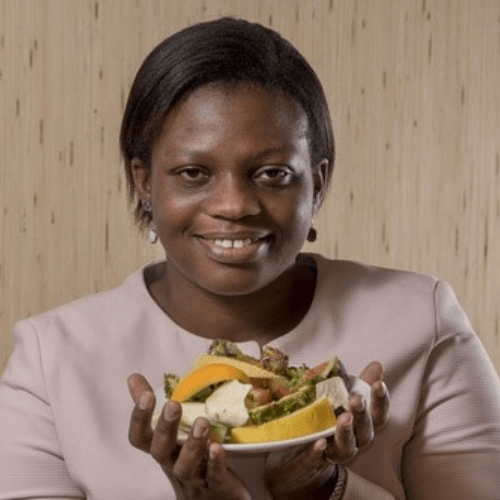It is estimated that a third of the food grown worldwide, around 1.3 billion tonnes, is not eaten and goes to waste at a cost approaching £1 trillion. In the UK, the cost of food waste from households totals £9.7 billion, while in the hospitality and food sector businesses alone it has been evaluated at £2.5 billion.
To avoid the negative impacts from food waste including huge greenhouse gas emissions and lack of sufficient landfill spaces, London is aiming to be a zero-waste city by 2026 with no biodegradable or recyclable waste sent to landfill. Scotland has a target to ban food waste to landfill or sewer by January 2021. Overall, the UK’s target date is 2030. With existing solutions, these targets cannot be met.
Ifeyinwa Kanu is the founder and director of IntelliDigest Ltd, a start-up company from Heriot-Watt University. At IntelliDigest, Ifeyinwa is combining biotech and deep-tech software to develop a user-friendly, odour-free and patented ID Box and IntelliTrade platform that can be used at home, in the work place and within the hospitality sector to convert food waste to climate friendly chemicals.

Using the ID Box can eliminate exposure to long-term health problems such as asthma and chronic obstructive pulmonary disease. These can arise from the bioaerosols from microorganisms growing quickly and degrading food waste during collection, handling and composteing.
The ID Box uses artificial intelligence and embedded sensors to characterise food waste, then optimises the enzyme dosing that breaks it down producing bio-chemicals. The biochemicals are analysed using embedded sensors and the information is then made available on IntelliDigest’s blockchain trading platform, where it can be purchased by registered businesses and converted into biodegradable packaging or 3D printed items.
Ifeyinwa says: “My vision for IntelliDigest is to be the go-to-market solution that enables a more environmentally-friendly and holistic way of dealing with food waste at home, work and hospitality outlets. Our technology will help repurpose inedible food waste by creating high value climate-friendly chemicals, thereby boosting the bio-economy without adverse impact on the environment.”
Marriott Hotels, Radisson Hotels and the InterContinental Hotels Group have signed up for paid trials of IntelliDigest’s ID Box technology and the company is now looking to secure £500,000 investment by the end of 2020 to complete manufacturing and commence commercialisation.
Associated Programme

